Relax. Nothing is Under Control
From Control to Acceptance: Navigating Life's Unpredictable Journey
Change is a constant aspect of life. Despite our best efforts to plan and set goals, we frequently encounter the unexpected, the unplanned, and at times, the unwelcome.
The spiritual teacher and artist Adi Da Samraj encapsulates this reality with striking simplicity: "Relax. Nothing is under control."
At first glance, these words may seem unsettling.
After all, do we not spend much of our lives attempting to exert control over our circumstances, our futures, and even ourselves?
Yet, within this statement lies a profound truth and, paradoxically, a path to greater peace and effectiveness in our lives.
This is not a call to abandon all efforts in shaping our lives or to relinquish responsibility for our choices. Instead, it is an invitation to explore a more nuanced approach to living—one that balances our inherent desire to plan and prepare with the wisdom of accepting what we cannot change.
It is about learning to move with the rhythm of life, sometimes leading, sometimes following, but always progressing forward.
The Illusion of Control
Human beings are, by nature, pattern-seekers and meaning-makers. We possess an inherent drive to comprehend our surroundings, anticipate outcomes, and shape events.
This desire for control is not merely a personality quirk; it is deeply embedded in our developmental history. In the world of our ancestors, the ability to exert control over one's environment—securing food, shelter, and safety—often determined the difference between survival and extinction.
In today's complex world, this instinct manifests in myriad ways. We create detailed five-year plans, meticulously organise our living spaces, or obsess over our social media presence. We invest in insurance policies, savings accounts, and security systems.
All of these actions stem from a common source: our desire to feel in control of our lives and futures.
However, the pursuit of control often incurs significant costs. Psychologically, the relentless effort to maintain control can result in chronic stress, anxiety, and burnout.
When we convince ourselves that we must control every aspect of our lives, we set ourselves up for disappointment and frustration.
Every unexpected event or undesired outcome transforms from a simple challenge into a personal failure—a sign that we are either not trying hard enough or somehow falling short.
Moreover, this illusion of control can obscure our perception of reality. We may overlook warning signs, dismiss alternative perspectives, or neglect to prepare for potential setbacks because we are overly invested in our vision of how things "should" be.
This rigidity can render us less adaptable and resilient in the face of change.
Consider some of the significant events that shape our lives:
The economic conditions into which we are born.
The talents and predispositions we inherit.
The people we encounter and build relationships with.
Global events such as pandemics, economic and financial crises, or technological revolutions.
Natural disasters or personal health shocks.
While we can certainly influence our responses to these events, we cannot control their occurrence.
The global response to COVID-19 serves as a stark reminder of how quickly our carefully laid plans and assumed freedoms can be disrupted or removed by forces beyond our control.
Yet, paradoxically, it is often during these moments of upheaval that we uncover our true strength and potential for growth. When our illusion of control is broken, we must face reality as it is, not as we wish it to be.
This can be frightening, but it can also be liberating.
As we begin to recognise the limits of our control, we open ourselves to new possibilities. We become more attentive to the present moment, more appreciative of the positive aspects of our lives, and more creative in our problem-solving.
We learn to distinguish between what we can influence and what we must accept—or, indeed, not accept—allowing us to focus our energy more effectively.
Ram Dass: A Lesson in Surrender and Freedom
Let's take a moment to reflect on a powerful example as we move from control to acceptance.
Spiritual teacher Ram Dass's story shows how life's setbacks can sometimes teach us the most.
Imagine waking up one day to discover that your world has been irrevocably altered. This was the reality that Ram Dass confronted in 1997 when a stroke left him partially paralysed and struggling to communicate.
For a man who had dedicated decades to being a prominent spiritual guide, author, and public speaker, this sudden change could have been devastating.
Instead, it became what Ram Dass referred to as "fierce grace" — a challenging yet profoundly transformative experience.


Before the stroke, Ram Dass had already travelled extensively on his spiritual journey. He had delved into the depths of consciousness, often controversially, authored influential books, and inspired countless individuals to pursue a spiritual path. However, life had one more essential lesson in store for him.
In the aftermath of the stroke, Ram Dass confronted a stark choice: to resist his new reality or to embrace it fully. It was within this crucible of challenge that he experienced a profound realisation about the distinction between being right and being free.
As he grappled with his new limitations, Ram Dass discovered that his long-held spiritual teachings were being put to the ultimate test. The stroke stripped away his ability to control his circumstances, challenging his identity as a teacher and guide.
It compelled him to confront his vulnerability and dependence on others in ways he had never experienced before.
In this moment of truth, Ram Dass chose freedom over the desire to be right or in control. He embraced his circumstances with humility and openness, surrendering to the present moment in a profound manner.
This surrender was not about giving up or resigning himself to his fate; rather, it was about accepting reality as it was, not as he wished it to be.
Through this acceptance, Ram Dass discovered a profound sense of peace and liberation. He recognised that true freedom does not stem from controlling our external circumstances, but rather from relinquishing the demands of our ego and embracing life in all its unpredictable glory.
This experience reinforced and deepened Ram Dass's teachings.
He often emphasised the significance of being present in the "now," and suddenly, he was embodying this principle more fully than ever before.
His physical limitations transformed into a gateway for spiritual growth, demonstrating that even in the face of life-altering challenges, it is possible to discover freedom and peace.
Ram Dass's story serves as a powerful reminder for all of us. Life will inevitably present challenges that we cannot control.
In these moments, we face a choice: Do we resist, clinging to our need to be right or in control?
Or do we surrender, accepting what is and finding freedom in that acceptance?
The Wisdom of Letting Go
At first glance, the concept of "letting go" may appear to be a form of surrendering to chaos or abandoning our goals.
However, true acceptance is not about passive resignation; it is an active and empowering choice to engage with reality as it exists, rather than how we wish it to be.
Understanding acceptance begins with recognising a fundamental truth: much of life is beyond our direct control. We can influence outcomes, make choices, and take actions, but we cannot dictate the results.
Acceptance means acknowledging this reality without judgment. It involves saying, "This is what is happening right now," without adding, "and it shouldn't be this way."
The benefits of embracing uncertainty and practicing acceptance are significant.
1. Reduced Stress and Anxiety: By ceasing to resist unchangeable realities, we conserve emotional and mental energy. This shift can lead to lower stress levels and significantly enhance our overall well-being.
2. Increased Resilience: Acceptance enables us to recover from setbacks more swiftly. Rather than being immobilised by what "should" have occurred, we can adapt and progress.
3. Enhanced Problem-Solving: By accepting the reality of a situation, we gain a clearer perspective. This clarity often uncovers solutions or opportunities that we may have overlooked while resisting the facts.
4. Enhanced Relationships: Embracing others for who they are, rather than how we believe they should be, fosters more authentic and fulfilling connections.
5. Greater Present-Moment Awareness: Releasing the need to control the future enables us to be more fully engaged in the present, resulting in richer experiences and a deeper sense of fulfilment.
6. Personal Growth: Embracing uncertainty allows us to explore new experiences and perspectives, promoting personal growth and self-discovery.
Practicing acceptance does not mean we become passive observers in our own lives. Instead, it enables us to engage more effectively with the world around us.
By accepting what we cannot change, we free up energy and attention to focus on what we can influence.
Consider the metaphor of swimming in the ocean. Struggling against the current can be exhausting and may even pose a danger. By learning to float and swim wisely, we can navigate the water better and enjoy it more.
In our daily lives, this might look like:
Accepting that while we cannot control the actions of others, we can control our responses to them.
Recognising that setbacks and failures are vital, and even essential, rather than indicators that we are on the wrong path or should give up.
Recognising that change is constant and learning to adapt rather than resist it.
As we cultivate the wisdom of letting go, we begin to experience a paradoxical truth: by relinquishing our grip on control, we often gain a greater sense of empowerment and peace. We become more flexible, more resilient, and better equipped to handle whatever life presents to us.
Strategic Planning vs. Rigid Control
We've looked at the importance of acceptance and letting go, but it doesn't mean we should stop trying to shape our lives.
The key lies in striking a balance between formulating plans and maintaining the flexibility to adapt when those plans inevitably confront the unpredictable nature of reality. This approach echoes our discussion on Achieving Greatness from last month.
Strategic planning plays a crucial role in both personal and professional success. It provides direction, helps us allocate resources effectively, and enables us to make progress toward our goals.
The issue does not stem from the act of planning itself, but rather from becoming overly attached to our plans—mistaking the map for the territory.
Here’s how we can approach planning in a manner that acknowledges the unpredictability of life:
1. Set intentions, not expectations: Frame your goals as intentions—aspirations you strive for and work towards, but without becoming emotionally attached to achieving them in the exact manner you have envisioned.
2. Develop Flexible Plans: Incorporate contingencies into your strategies. Consider the questions: What potential changes could arise? How can I adapt if they do?
3. Regularly reassess and adjust: Treat your plans as living documents. Consistently review and update them based on new information and evolving circumstances.
4. Focus on the process, not just the outcome: Find value and satisfaction in the journey itself, rather than solely in the destination. This approach makes it easier to adapt when things do not go as planned.
5. Develop multiple scenarios: Instead of planning for just one future, explore a range of potential scenarios. This mental flexibility will enable you to adapt more swiftly when unforeseen events arise.
6. Cultivate a learning mindset: View setbacks and changes as opportunities for growth and learning, rather than viewing them as failures in your planning.
Adapting to change is a skill that can be cultivated over time. It involves:
Staying Informed: Regularly seek out new information and perspectives that may impact your plans.
Practicing mindfulness: Cultivate awareness of the present moment, which can help you notice changes more rapidly and respond more effectively.
Building a support network: Surround yourself with people who can provide diverse perspectives and support you during times of change. Steer clear of negative and suppressive individuals.
Developing your problem-solving skills: The more confident you are in your ability to tackle challenges, the less daunting unexpected changes will appear.
Remember, the goal is not to predict the future with absolute certainty or to control every outcome. Instead, it is to establish a framework that guides your actions while remaining flexible enough to adapt to the unforeseen.
Consider the analogy of sailing a ship. A skilled captain charts a course using the best available information but continually adjusts it in response to the wind, waves, and weather conditions. The captain does not attempt to control these elements; instead, they work in harmony with them, sometimes altering the course entirely when necessary.
In our lives, this might look like:
Setting career goals while remaining open to unexpected opportunities that may arise.
Planning for retirement while staying open to the various possibilities that it may entail.
Creating a business plan that incorporates strategies for adapting to changing market conditions.
By balancing strategic planning with adaptability, we can pursue our goals while remaining receptive to the diverse array of opportunities that life offers. This approach enables us to leverage the advantages of planning without succumbing to the pitfalls of inflexible control.
Practical Strategies for Balancing Control and Acceptance
Striking the right balance between strategic planning and embracing life's unpredictability is an ongoing practice.
Here are some practical strategies to help you navigate this balance in your daily life:
1. Mindfulness and Present-Moment Awareness
Practice daily meditation or mindfulness exercises to cultivate awareness of the present moment.
Use techniques such as the "5-4-3-2-1" grounding exercise to centre yourself when feeling overwhelmed by uncertainty.
Regularly check in with yourself throughout the day, observing your thoughts, emotions, and physical sensations without judgment.
Try this simple two-minute mindfulness exercise: Sit comfortably, close your eyes, and focus on your breath. Count each inhale and exhale cycle. When you reach ten, start over. If your mind wanders, gently bring it back to your breath. Practice this daily to strengthen your mindfulness skills.
2. Cultivating Resilience
Build a robust support network of friends, family, or professionals to whom you can turn during challenging times.
Engage in regular self-care practices to support your physical and emotional well-being.
Keep a "resilience journal" in which you document the challenges you have overcome and the lessons you have learned, thereby reinforcing your ability to handle difficulties.
3. Cultivating a Growth Mindset
Reframe challenges as opportunities for learning and personal growth.
Practice positive self-talk by replacing phrases like "I can't do this" with "I can't do this yet or "I don't know the answer right now, but I will find out."
Set learning goals in conjunction with performance goals to emphasise personal development rather than solely focusing on outcomes.
4. Practicing Detachment
Use visualisation exercises to practice "letting go" of outcomes.
When making decisions, ask yourself, "Will I be okay if this doesn't work out as planned?"
Regularly practice gratitude to shift your focus from what you cannot control to what you truly appreciate.
5. Flexible Goal Setting
Utilise the SMART (Specific, Measurable, Achievable, Relevant, Time-bound) framework for goal setting, and incorporate an "F" for Flexible.
Regularly review and adjust your goals in response to changing circumstances and new information.
Create "if-then" plans to prepare for potential obstacles or changes.
6. Embracing Uncertainty
Engage in activities that challenge you to step outside your comfort zone, as this will help build your confidence in managing the unknown.
Practice making decisions with incomplete information to become comfortable with uncertainty.
Regularly explore new experiences to foster adaptability.
7. Cultivating Emotional Intelligence
Practice identifying and naming your emotions to gain a better understanding of your reactions to uncertainty.
Learn techniques for emotional regulation, such as deep breathing and progressive muscle relaxation.
Cultivate empathy to enhance your understanding of and adaptability to others' perspectives and needs.
8. Establishing Rituals and Routines
Establish daily or weekly rituals that offer a sense of stability amidst change - as we explored in my articles on home cooking and habits.
Create morning and evening routines that enable you to begin and conclude each day with purpose.
Use routines as anchors to help you remain grounded in times of uncertainty.
9. Practicing Scenario Planning
Regularly engage in "what if" thinking to explore potential future scenarios.
Develop contingency plans for key areas of life, such as career, finances, and relationships, to enhance your preparedness for change.
Use techniques such as the "Premortem" (imagining potential failures) to identify and prepare for possible challenges.
10. Cultivating Patience
Practice delayed gratification in small ways to strengthen your patience.
Use mindfulness techniques to embrace discomfort instead of reacting to it impulsively.
Reframe waiting times as opportunities for reflection or brief moments of rest.
Remember, the goal is not to perfect these strategies overnight but to gradually incorporate them into your life.
Start small, perhaps by selecting one or two techniques that resonate with you, and practice them consistently.
Over time, you will cultivate a more balanced approach to life's uncertainties, enabling you to plan effectively while remaining open to the unexpected twists and turns of your journey.
Key Takeaway: Embracing life's unpredictability is not a matter of passivity; rather, it involves strategic flexibility.
By implementing these strategies, you are not relinquishing control but acquiring a new form of mastery—the ability to navigate gracefully through life's ever-changing rhythms.
Learning from Nature
Nature offers profound lessons on navigating unpredictability and finding a balance between effort and acceptance.
1. Natural Cycles and Impermanence
Nature operates in cycles—seasons change, tides ebb and flow, and species evolve. These cycles teach us that change is not only inevitable but also essential for growth and renewal. Just as a forest requires periodic fires for regeneration, our lives often need disruptions to catalyse growth and transformation.
Lesson: Embrace change as a natural aspect of life rather than viewing it as a disruption to be feared.
2. Adaptation in Ecosystems
Ecosystems exhibit remarkable resilience through their capacity to adapt to changing conditions. When confronted with environmental shifts, species evolve new traits, establish symbiotic relationships, or discover new niches.
Lesson: Cultivate adaptability by perceiving challenges as opportunities to develop new skills or explore new avenues.
3. The Balance of Chaos and Order
Nature exists in a delicate balance between chaos and order. While there are discernible patterns and systems, there is also an element of randomness that fosters development and creativity.
Lesson: Strive to achieve a balance between structure and flexibility in your life, allowing space for both planning and spontaneity.
4. Interdependence
In nature, everything is interconnected. The health of one species affects the entire ecosystem. This interconnectedness highlights the importance of considering the broader context of our actions and decisions.
Lesson: Recognise that while you cannot control everything, your actions create ripple effects. Concentrate on what you can influence while acknowledging the larger systems at play.
5. Efficiency and Conservation
Natural systems are remarkably efficient, minimising waste and recycling all materials. Plants and animals utilise energy strategically, conserving resources for when they are most needed.
Lesson: Be mindful of where you invest your energy. Concentrate on actions that align with your values and goals, and let go of attempts to control things beyond your influence.
6. Diversity and Resilience
Biodiversity is essential for the resilience of ecosystems. A diverse ecosystem is more capable of withstanding and recovering from disturbances.
Lesson: Cultivate diversity in your life—through your skills, relationships, and experiences. This diversity will enhance your resilience in the face of unexpected changes.
7. Patience and Timing
Nature operates on its own timeline. Seeds lie dormant until the right conditions arise for germination, while some animals hibernate until food becomes abundant once more.
Lesson: Practice patience and trust in timing. Not everything needs to happen immediately; sometimes, waiting and observing is the wisest course of action.
8. Acceptance of Loss
In nature, death and decay are essential components of the cycle of life, supplying nutrients for new growth.
Lesson: Embrace endings and losses as natural aspects of life, creating space for new beginnings and opportunities.
By observing and internalising these lessons from nature, we can cultivate a more balanced approach to life's uncertainties.
We learn to flow with the rhythm of life rather than constantly struggling against it, much like a tree that bends with the wind instead of breaking under its force.
In our daily lives, applying these lessons may take the form of:
Recognising that periods of difficulty or stagnation may be preparing us for future growth.
Diversifying our skills and interests to enhance our adaptability to changing circumstances.
Practicing patience while working towards goals, recognising that meaningful change often requires time.
Letting go of outdated beliefs and habits to make room for new, more beneficial ones.
Considering the broader impact of our decisions, rather than solely their immediate effects.
By aligning more closely with these natural principles, life often transforms from a struggle into a dance—a dynamic interplay between our intentions and the ever-changing world around us.
Embracing Life's Adventure
Seeing life as an adventure rather than a series of challenges opens up endless possibilities and opportunities for growth.
This transformation in mindset does not occur overnight; however, with consistent practice, it can significantly alter the way we navigate life's unpredictability.
1. Reframing Challenges as Opportunities
Every unexpected turn in life's journey presents an opportunity for growth, learning, and self-discovery. By reframing challenges in this manner, we can approach them with curiosity rather than fear.
Practice: When confronted with a setback, ask yourself, "What can I learn from this experience? How might it contribute to my personal growth? The expression I’ve always used with my family is: what is the teaching here?
2. Discovering Joy in the Unexpected
Life's surprises, both pleasant and challenging, enrich our experiences. By fostering an attitude of openness and curiosity, we can discover joy even in the most unexpected situations.
Practice: Each day, make an effort to notice and appreciate at least one unexpected moment or encounter, regardless of how small it may be.
3. Personal Growth Through Uncertainty
Uncertainty pushes us out of our comfort zones, encouraging the development of new skills, perspectives, and strengths that we might never have discovered otherwise.
Practice: Regularly engage in new experiences or learn new skills, embracing the discomfort that comes with being a beginner.
Approach life with the mindset of an explorer, perceiving each day as an opportunity for discovery and adventure.
Practice: Start your day by asking yourself, "What adventures await me today?" This simple question can shift your perspective and open you up to new possibilities.
5. Embracing Imperfection
Life's unpredictability means that things will not always go as planned, and that is perfectly acceptable. Embracing imperfection enables us to discover beauty in the chaotic and uncontrollable aspects of life.
Practice: Create something without striving for perfection—write a poem, paint a picture, or experiment with a new recipe without concern for the final result.
6. Celebrating Resilience
Each time we encounter an unexpected challenge, we cultivate resilience. Acknowledging and celebrating this growth strengthens our capacity to manage future uncertainties.
Practice: Keep a "resilience journal" in which you document the challenges you have overcome and the lessons you have learned from them.
7. Fostering Connections
Sharing our experiences of navigating life's unpredictability with others can offer support, perspective, and a sense of shared humanity.
Practice: Share your stories of unexpected challenges and personal growth with friends or in a support group. Listen to the experiences of others with an open heart.
8. Practicing Mindful Appreciation
By remaining present and grateful for each moment, we can discover joy and meaning even amidst uncertainty.
Practice: Each day, take a few moments to mindfully appreciate your surroundings by engaging all your senses to fully immerse yourself in the present moment.
As we embrace the adventure of life, we come to realise that the unpredictability we once feared is, in fact, the source of life's richness and beauty. We learn to welcome uncertainty, discovering our own "fierce grace" in the balance between making plans and staying open to the unexpected.
This approach to life does not imply that we will never experience fear or anxiety when confronted with the unknown. Instead, it signifies that we cultivate resilience and flexibility, enabling us to navigate these emotions while trusting in our capacity to adapt and grow.
By viewing life as an adventure, we transition from merely surviving unpredictability to actively thriving within it. We become co-creators of our experiences, collaborating with life's inherent uncertainty to craft a journey that is uniquely our own—filled with growth, meaning, and unexpected joys.
To conclude, let's reflect again on Adi Da Samraj's wise words: "Relax. Nothing is under control."
What initially seemed like a call to surrender now presents itself as an invitation to freedom—freedom from the exhausting illusion of control and the opportunity to embrace the rich, unpredictable tapestry of life more fully.
Throughout this journey, we have discovered that balancing our natural desire for control with an acceptance of life's inherent uncertainty is not a matter of passivity or resignation.
Instead, it involves cultivating a dynamic and resilient approach to living that enables us to plan and act while remaining open to the unexpected.
As you progress from this point, remember that achieving this balance is a lifelong endeavour. There will be moments when you revert to old habits of attempting to control everything, as well as times when you feel inundated by uncertainty. This is all part of the journey.
The key is to approach yourself with the same flexibility and acceptance that you are cultivating toward life. Each moment presents a new opportunity to decide how you will engage with the unpredictable nature of existence.
Consider beginning with small steps:
Practice mindfulness for a few minutes each day to cultivate present-moment awareness.
Set intentions instead of rigid expectations for your goals.
Regularly reflect on what you can and cannot control in different situations.
Seek out new experiences that gently push you beyond your comfort zone.
Cultivate gratitude for the unexpected positive moments in your day.
Incorporating these practices into your life can transform the energy once spent on combating uncertainty into a powerful force for creative problem-solving, fostering deeper connections with others, and engaging more joyfully with each moment.
Call to Action
What area of your life are you currently striving to control the most? Can you remember a time when an unforeseen change resulted in a positive outcome? How might your life appear different if you relaxed your hold on control?
Your call to action is as follows:
Identify one area of your life where you are attempting to exert excessive control.
List three aspects of this situation that are beyond your control.
Now, list three actions you can take to accept and effectively manage these uncontrollable elements.
Choose one action and commit to implementing it this coming week.
Feel the burden of constant control lifting from your shoulders. Imagine the freedom of flowing with life's current, rather than resisting it.
Remember, the goal is not to attain perfect serenity or to avoid feeling frustrated by life's challenges.
Instead, it is to cultivate a more balanced and resilient approach to living, enabling you to navigate both calm and turbulent waters with fierce grace.
"Many are the plans in a person's heart, but it is the Lord's purpose that prevails."
Proverbs 19:21






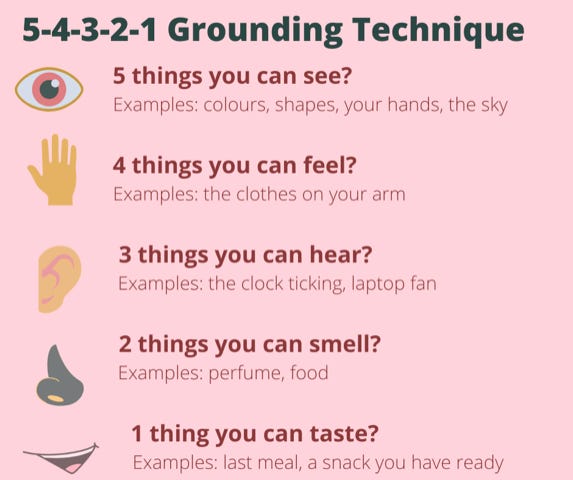
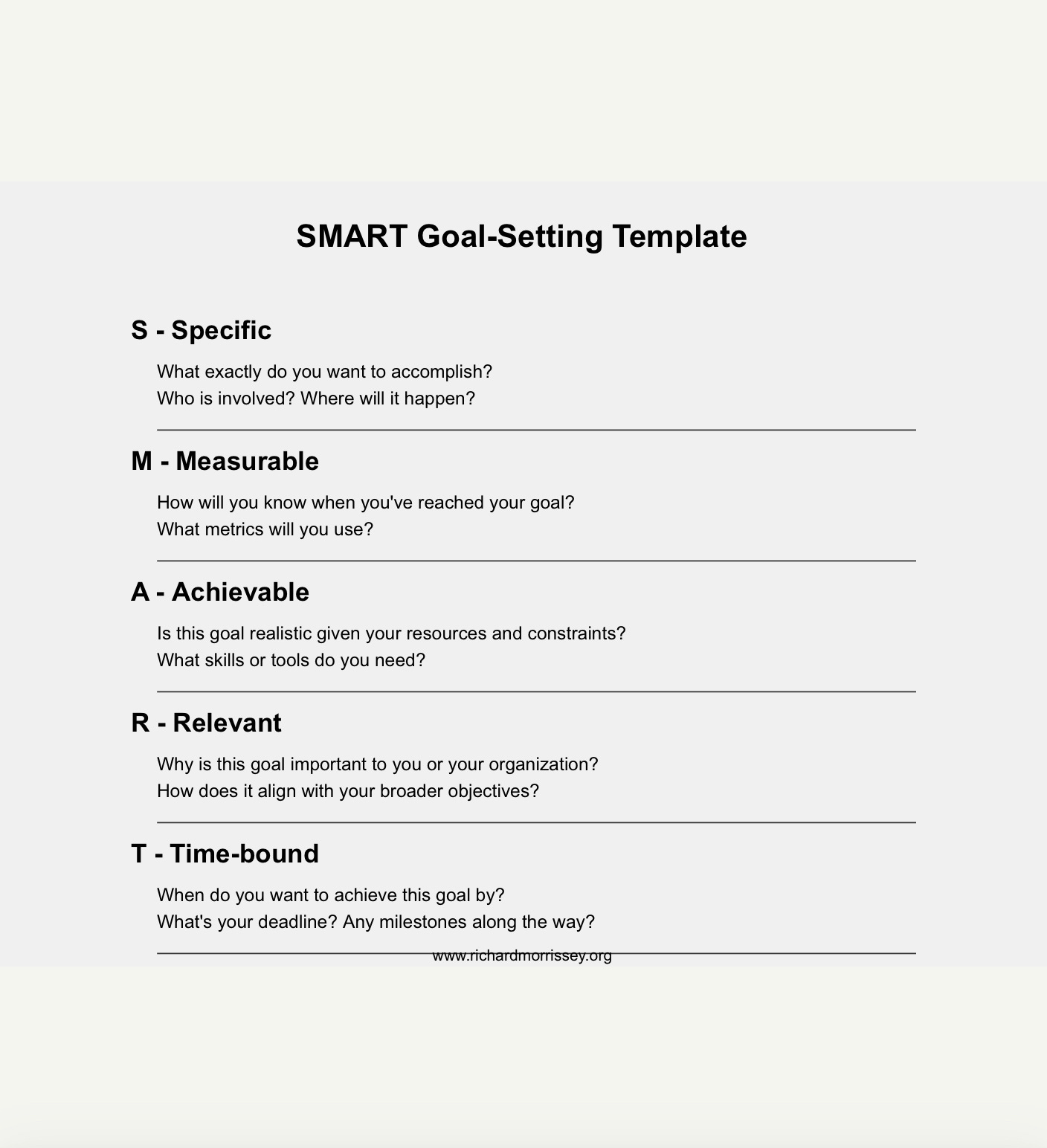
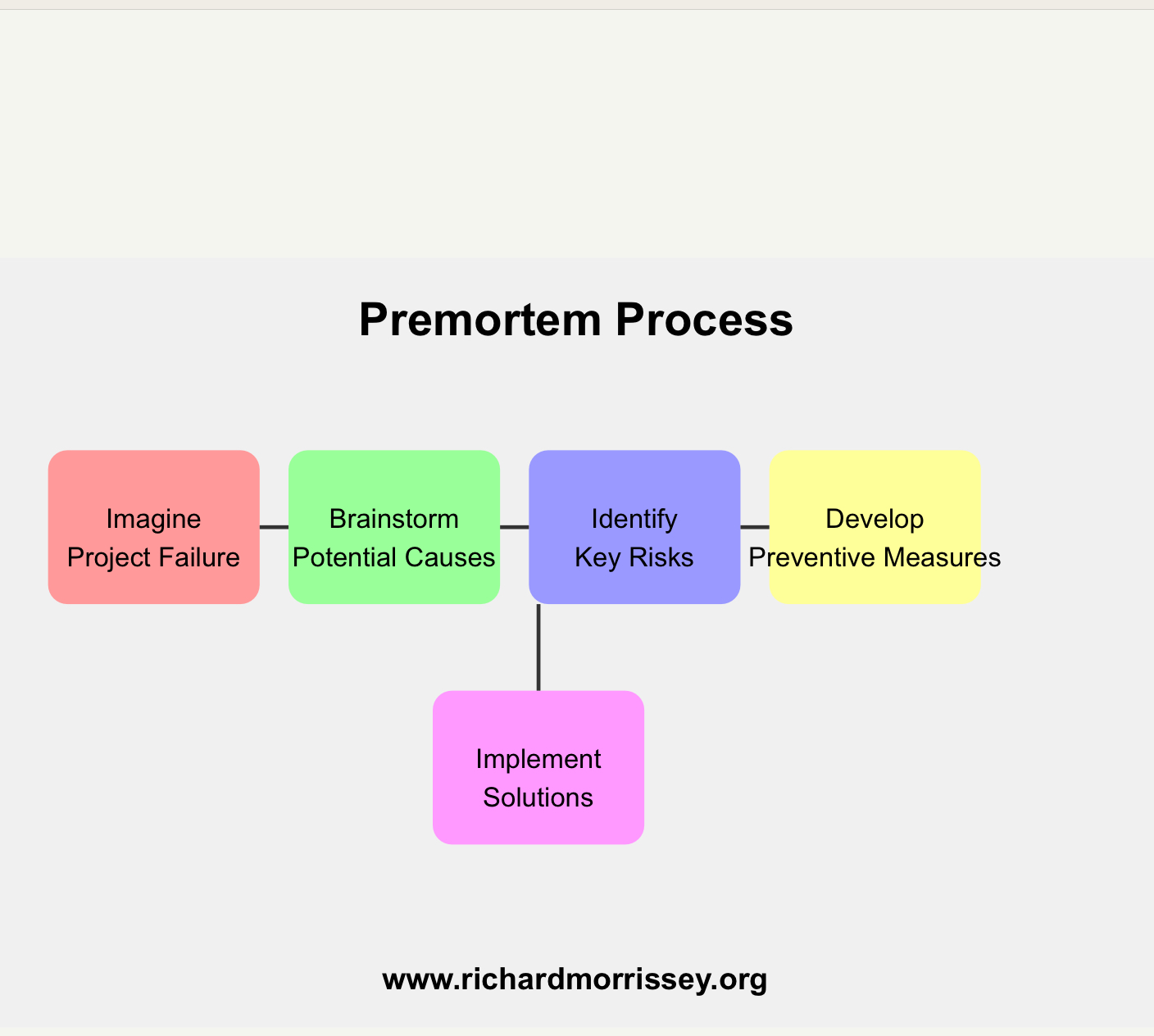
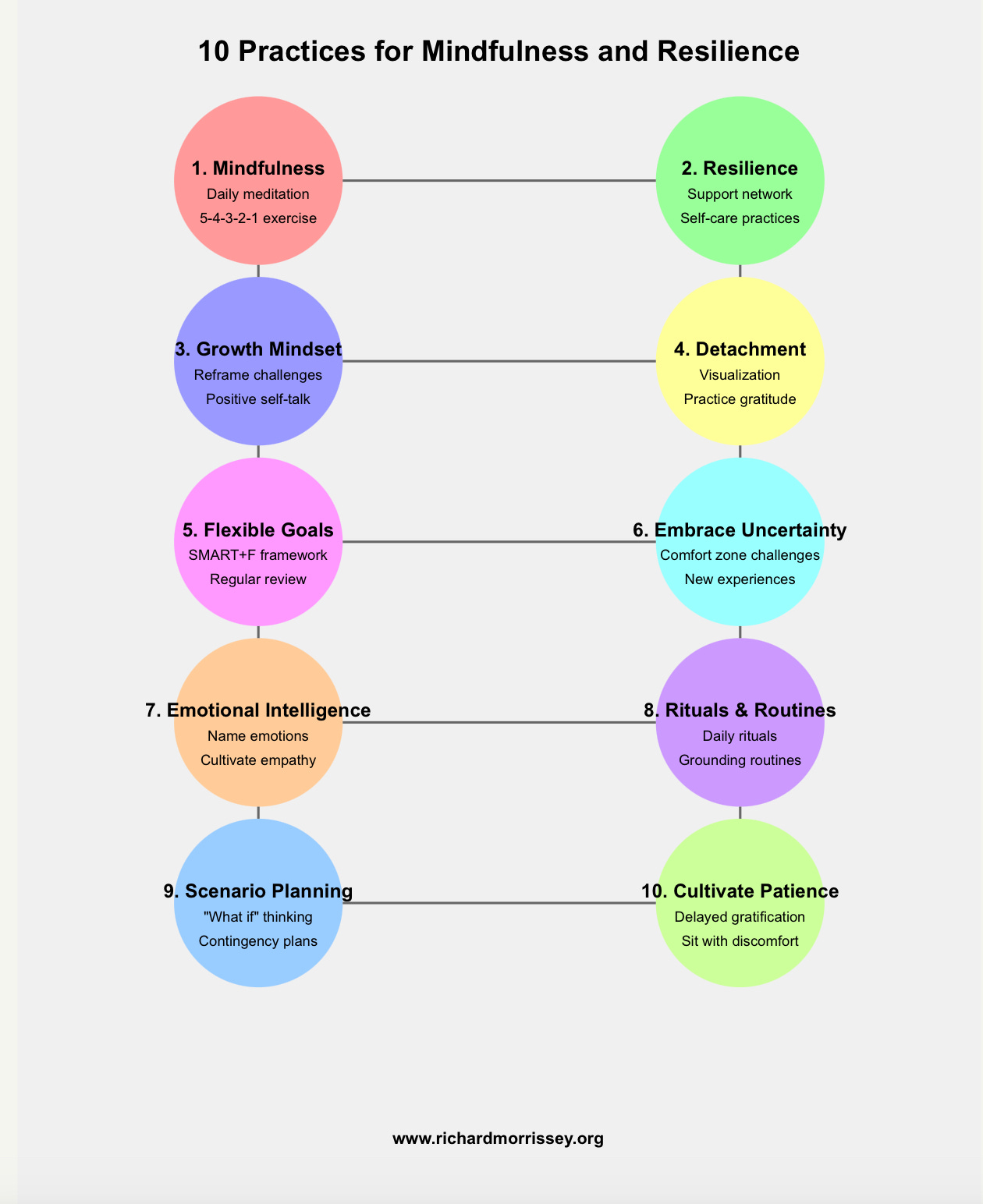
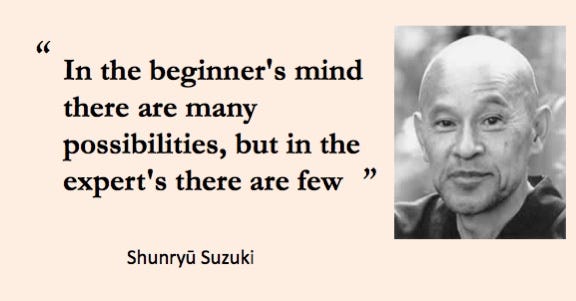
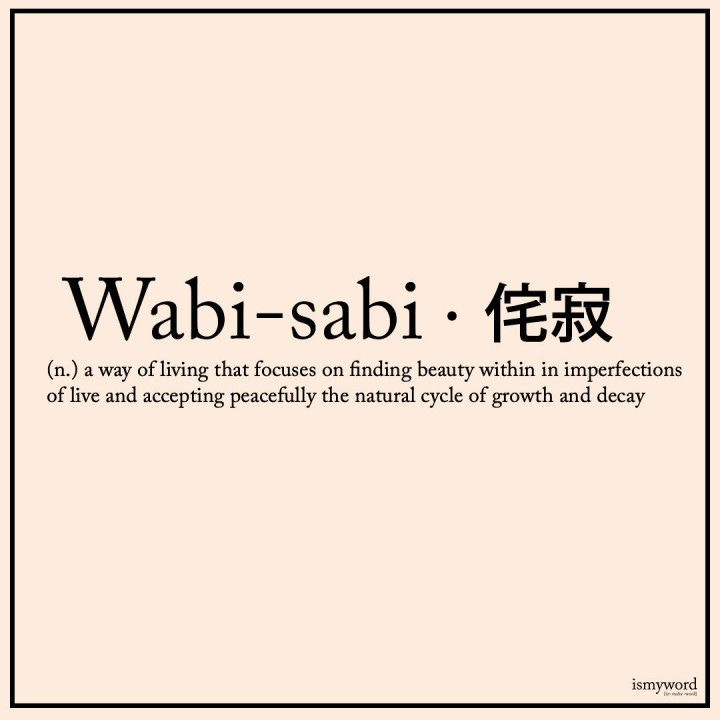
"set intentions, not expectations." - Well said! In a sense we are all the farmers of our lives. We can not sit back and manifest our desires on the field with the expectation of a harvest. We also can not control all facets of the weather. No, we till the ground, plant the seeds, and trust that God will bring the increase.